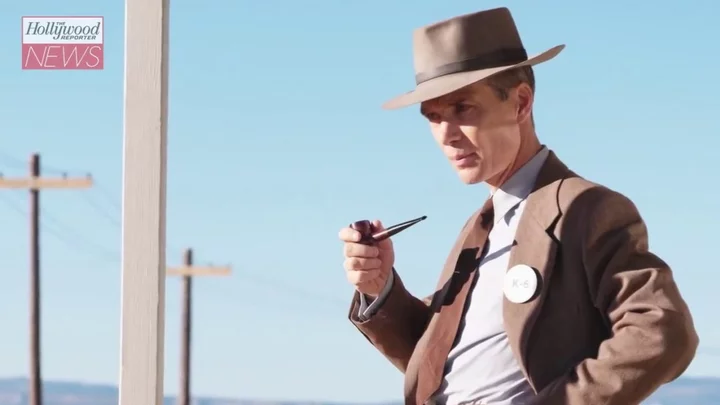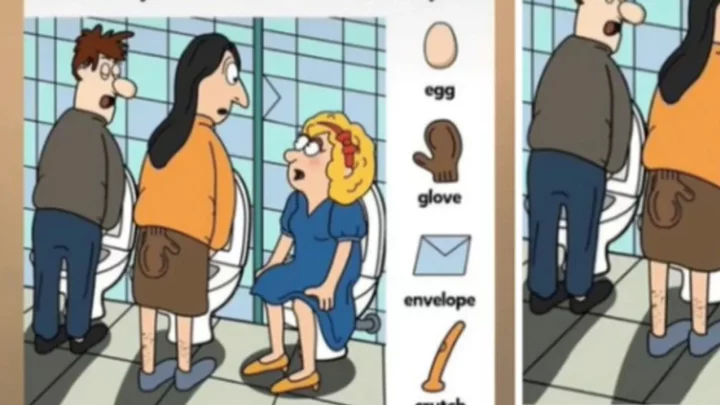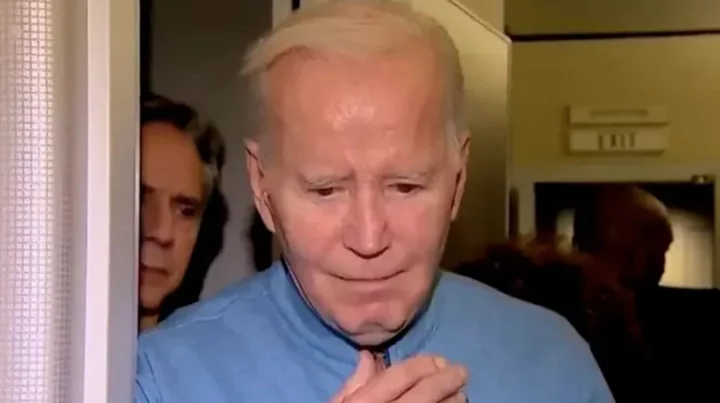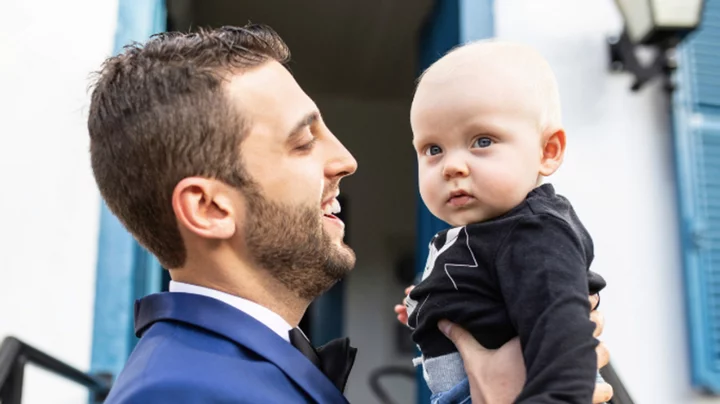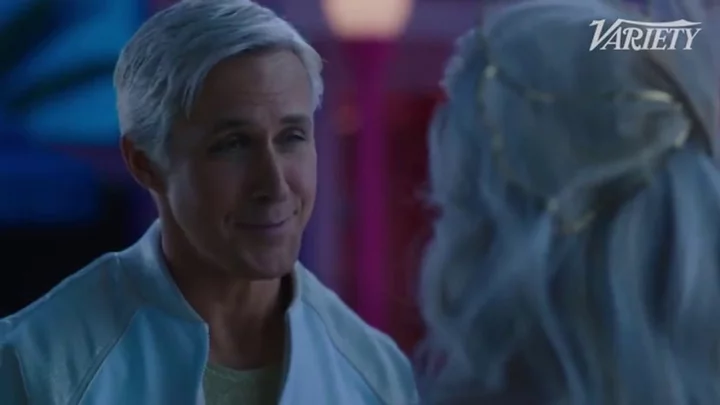Oppenheimer is proving to be a smash, with searches for the film soaring by 1,176 per cent in the last month alone. That said, there's one scene in particular that has caught the attention of Dutch viewers for all of the wrong reasons.
From TikTok to Reddit, a spike in Google searches and language learning experts at Preply calling it out, the 'Oppenheimer Dutch mistake' certainly hasn't gone unnoticed.
The real-life J. Robert Oppenheimer was an American of German-Jewish descent. As a physicist, he lectured in Leiden for a bit in 1928, speaking in the Dutch language despite not being a native speaker.
Sign up for our free Indy100 weekly newsletter
Oppenheimer, the movie, touches on his lecturing days and features the scene of actor Cillian Murphy speaking the Dutch language.
Murphy did not learn the Dutch language, but instead asked Hoyte van Hoytema, the director of photography, to speak the sentences so he could replay them and slow them down for clarity, learning the scene phonetically.
This has come with a lot of praise, but for Dutch speakers, it seems that many don’t even recognise their own language, with many questioning whether some of the speech was even in German.
One Reddit user responded to watching the film with: “I could swear he was speaking in German, not Dutch. It certainly didn't sound like Dutch and I am a native speaker of that language… anyway this caused a huge laugh here in the cinema in Amsterdam where I just watched it.”
“In Oppenheimer, Oppenheimer is said to speak Dutch, as a Dutch person I can confirm this was a lie” said another Reddit user.
A third Reddit user added: “Was a bold decision to not subtitle the Dutch part in Dutch. As a Dutch person who speaks Dutch, this wasn't the best Dutch that has been spoken.”
Preply spoke to a few native Dutch speakers who had recently watched the film, with one saying he “thought it was a mixture between ‘Limburgs’ (a Dutch dialect) and German” and another saying “I thought they made a mistake in the film when they said Dutch, thinking they meant ‘Deutsch’ as the speech sounded German”.
Sylvia Johnson, Head of Methodology at the learning language marketplace Preply, said: “Films can be an excellent resource for learning. You can use subtitles to expand your vocabulary and hear the correct pronunciation. Even when hearing language that is not grammatically correct, you can put your skills to the test by identifying mistakes and correcting them!
“Working on your pronunciation allows for smoother communication. However, mispronunciation is not necessarily a blocker for understanding. In today's world communication often takes place between non-native speakers.
She continued: "Even with mispronounced words, listeners can often rely on the context of the conversation to grasp the intended meaning. The surrounding words and the overall message can provide crucial hints to fill in the gaps caused by mispronunciation.”
Have your say in our news democracy. Click the upvote icon at the top of the page to help raise this article through the indy100 rankings.

